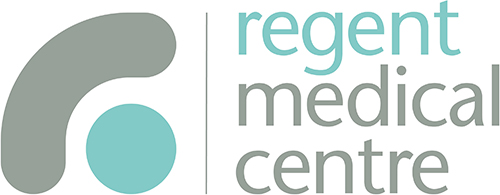Hay fever
Hay fever can’t be cured or prevented, but some simple self-care tips or medication from a Pharmacist should be your first option.
You should only ask to see a GP if other options haven’t worked.
What is hay fever?
Hay fever is a common allergic reaction. It’s caused by pollen from grass, trees or weeds and is often worse in the warmer months when the pollen count is high.
It can affect adults and children, with symptoms including:
- sneezing and coughing
- a runny or blocked nose
- itchy, red or watery eyes
- itchy throat, mouth, nose and ears
- loss of smell
- pain around your temples and forehead
- headache
- earache
- feeling tired
Self-care
There is no cure for hay fever, and it can’t be prevented, but there are things you can do to limit how much it affects you.
Staying indoors with the windows shut is a surefire way to avoid hay fever, but if you need to go outside, take some precautions.
Wrap-around sunglasses will protect your eyes, and putting Vaseline under your nostrils will trap pollen and stop you from breathing it in. Showering and changing your clothes when you return home will also get rid of any pollen on your body.
Generally, avoid grass, flowers and smoke, which can worsen the reaction.
Treatment from a Pharmacist
The quickest way to get help with your hay fever is to visit your local community pharmacist.
You don’t need an appointment to see a pharmacist and may have longer opening hours than GP practices.
A Pharmacist will be able to give advice and suggest treatment for itchy, watery eyes, sneezing or a blocked nose. Antihistamine drops, tablets or nasal sprays can be bought over the counter without a prescription.
If treatment doesn’t work
If advice and medication from a Pharmacist don’t make a difference, then you should contact us. A GP might prescribe a steroid treatment, often as a nasal spray. In extreme cases, a Doctor might refer you for immunotherapy – a pro-active treatment that will help you build up immunity to pollen.
